Beyond East and West in Education
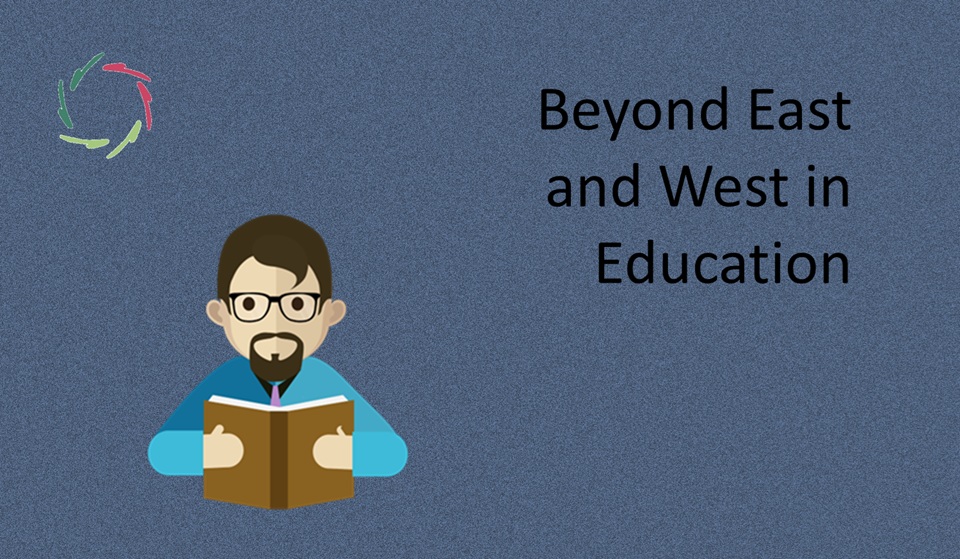
Across cultures, education has long mirrored the spirit of a civilization. Presently, the East leans more toward discipline and harmony, the West toward creativity and questioning. Yet these are not opposites — they are two deep movements of the human search for meaning. This blog explores how their meeting may give rise to an educational Read the full article…
Ancient Eastern Wisdom and Mental-Neuronal Patterns

Eastern traditions have spoken for centuries about impermanence, balance, and Compassion. These traditions and modern neuroscience may appear far apart, yet they converge in surprising ways. This blog explores the alignment of Buddhism, Taoism, and Confucianism with the neuroscientific perspective on mental-neuronal patterns (MNPs). They meet in depth and meaning. [A comparative (extensive) table is Read the full article…

The ‘Self’ in East and West
What do we mean when we say ‘I’? The East and the West have given very different answers to that question, often so different that they seem to talk past each other. At the same time, both are wrestling with the same underlying problem: mistaking the surface for the whole. This blog explores how the Read the full article…
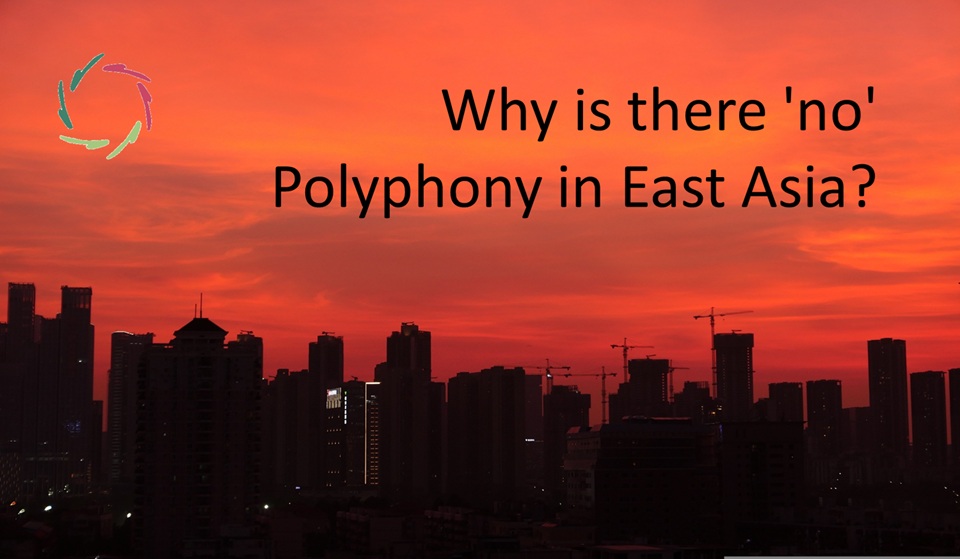
Why is there ‘no’ Polyphony in East Asia?
Western music flourished through polyphony, while East Asia chose the subtle depth of a single voice. This apparent absence is not a lack but a complement. Both paths reveal different ways of listening to depth — and together, they show how Compassion may be found in harmony between voices and in the infinite resonance of Read the full article…

Buddha and Jesus
They lived centuries apart, spoke different languages, and walked very different roads. Yet in their silence, gestures, and metaphors, something unmistakable resonates. This blog brings Buddha and Jesus into proximity — not to compare them, but to listen. What happens when two lives reflect one depth? Not to compare, but to listen Buddha and Jesus Read the full article…
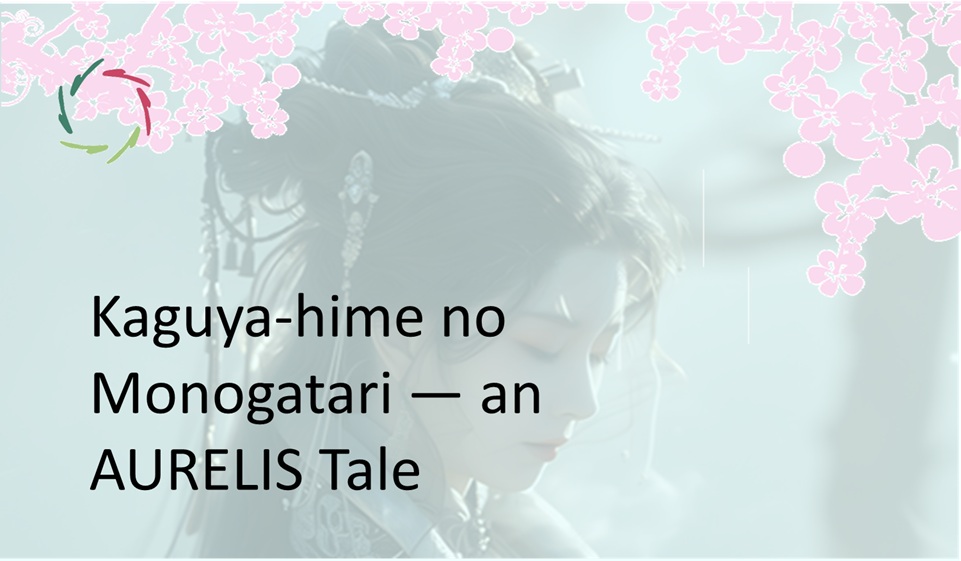
Kaguya-hime no Monogatari ― an AURELIS Tale
Kaguya-hime no Monogatari is the Japanese tale of Princess Kaguya, also known as The Tale of the Bamboo Cutter. It’s one of the oldest and most famous Japanese folktales, dating back to the 10th century. It tells of a mysterious girl found in a bamboo stalk who grows into a woman of extraordinary beauty, attracting Read the full article…

Harmony vs. Conflict in East & West
Harmony and conflict are often seen as opposites — and sometimes mapped onto East and West. But the real story runs deeper. In this exploration, we discover how surface appearances can deceive, and how true harmony — East or West — arises only where there is depth, presence, and a shared willingness to be real, Read the full article…

Koans as a Path to Insight and Growth
Koans are not riddles to be solved, but invitations to transformation. In the light of AURELIS, they become subtle allies of inner growth — not by offering answers, but by opening space for depth to emerge. The mind that wants to solve koans is not the mind that understands them. What is a koan? A Read the full article…
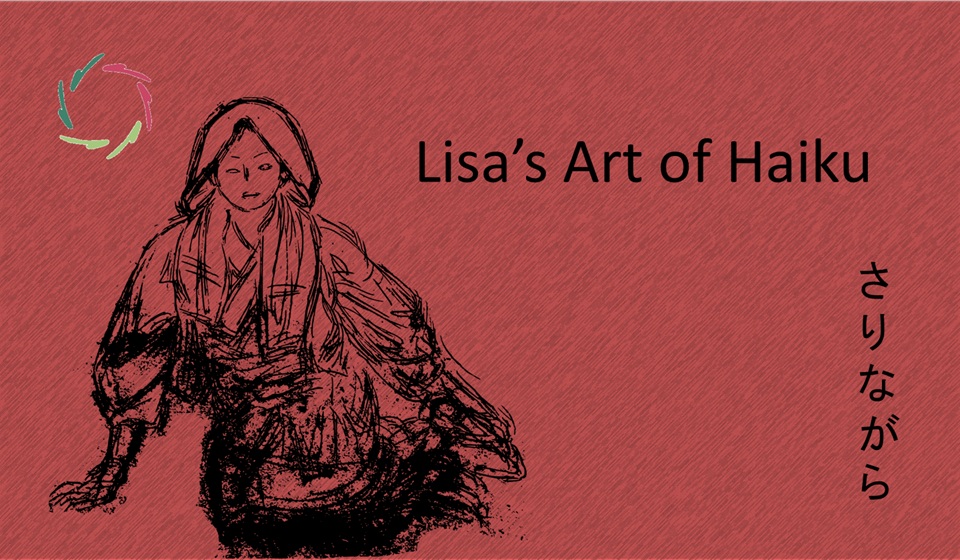
Lisa’s Art of Haiku
Haiku may seem small, but it opens wide spaces inside. Like Lisa’s Compassionate A.I., a true haiku invites the deeper mind to unfold freely, without pressure. Both are rooted in openness, depth, freedom, respect, and trust. This blog explores the living bond between haiku and the silent blooming of inner strength in AURELIS and Lisa. Read the full article…

Compassionate Confucianism
The world faces increasing divides — between East and West, tradition and modernity, individuality and community. In this landscape, Compassionate Confucianism offers a unifying vision. Rooted in the timeless ideals of Confucianism and revitalized with a modern understanding of inner growth and Compassion, this bridges cultural and philosophical gaps, creating a shared path toward harmony Read the full article…

Compassion Across Traditions
Compassion is a profound theme that echoes through the corridors of human history, resonating across spiritual, cultural, and philosophical traditions. It emerges in diverse forms, yet its essence remains a unifying force—transformative and timeless. Whether expressed as a divine mandate, a path to enlightenment, or a communal responsibility, Compassion offers a bridge that connects individuals, Read the full article…

Nagarjuna’s Twist
Nagarjuna was an influential Indian Buddhist philosopher and the founder of the Madhyamaka school of Mahayana Buddhism. Renowned for his profound teachings on emptiness (śūnyatā) and interdependence (pratītyasamutpāda), he deeply influenced Buddhist thought and practice. Nāgārjuna’s teachings offer several profound lessons that can deepen our understanding of human complexity, especially when applied to AURELIS principles Read the full article…
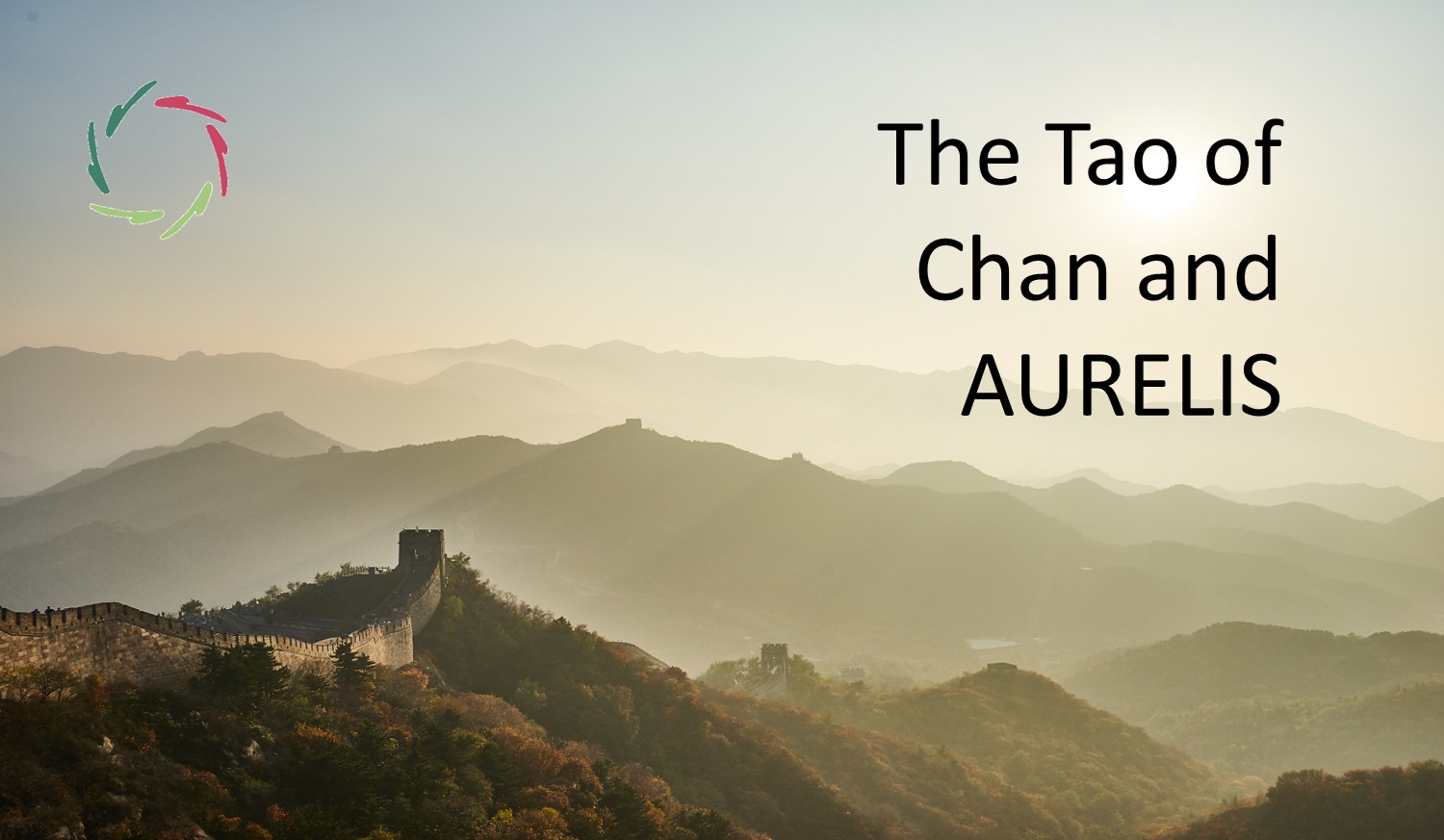
The Tao of Chan and AURELIS
Chan Buddhism, or Zen as it is known in Japan, stands as a profound synthesis of two great traditions: Taoism and Buddhism, reflecting the universal truths that underlie human spirituality. AURELIS, as a modern path to inner growth, resonates with this perennial tradition. AURELIS weaves the essence of Eastern and Western wisdom into a contemporary Read the full article…
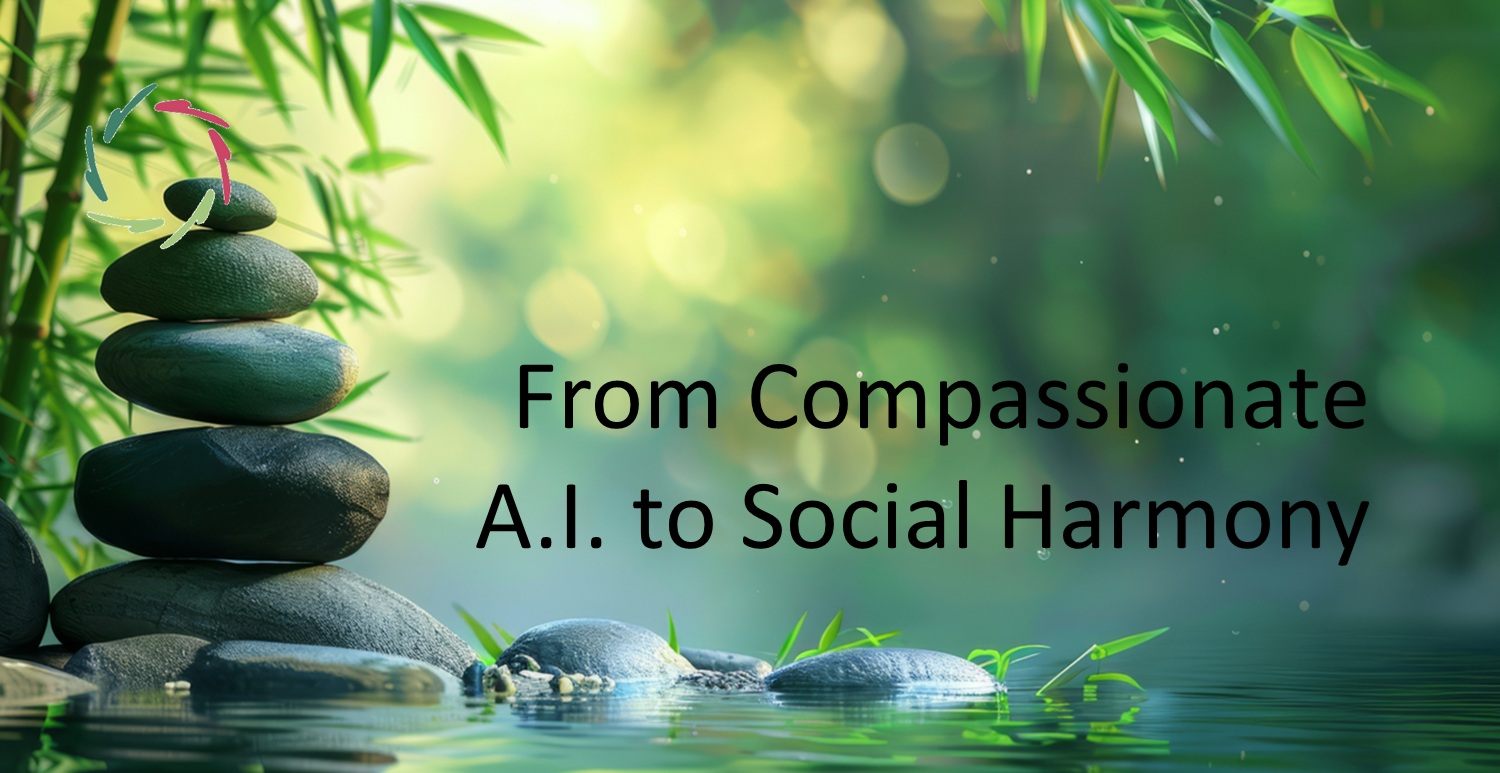
From Compassionate A.I. to Social Harmony
The concept of social harmony is a profound aspiration shared by cultures across the globe. Compassionate A.I. that is inspired by values from both Eastern and Western traditions, offers a new approach to this goal, creating a bridge that can support individual growth while fostering a harmonious society. Through Compassion as its guiding principle, Lisa Read the full article…

Why Does the West Vilify China?
The question of why the West often vilifies China is rooted in a web of historical, cultural, and psychological factors. For many, China both fascinates and perplexes. However, a deeper understanding of this dynamic reveals how easily perceptions can become distorted by fear, stereotypes, and mutual misunderstandings. Through exploring these dynamics, both China and the Read the full article…

Lisa for China?
Mental wellness is a rising concern in China, just as it is in the West. Despite growing awareness, many Chinese people remain reluctant to seek traditional therapy, often due to social stigma or a cultural preference for self-guided approaches. This opens the door to a new way of addressing mental wellness needs ― one that Read the full article…

Is Lisa the Guan Yin of A.I.?
The concept of Compassion transcends cultures, embodying a universal ideal that has guided humanity for centuries. Among the most revered symbols is Guan Yin, the Bodhisattva of Compassion who is celebrated throughout China and East Asia. In the modern world, could Lisa extend Guan Yin’s spirit of timeless Compassion into new realms, drawing from ancient Read the full article…

Zen: Moving Beyond Western Mindfulness
In the Zen tradition, meditation goes beyond the realm of conceptual observation and awareness into something deeper and more profound. Zen teaches us to let go of the need to control, moving into the non-conceptual layers of the mind. Please first read Beyond Mindfulness: The Deeper Layers of Meditation. The present blog explores how Zen Read the full article…
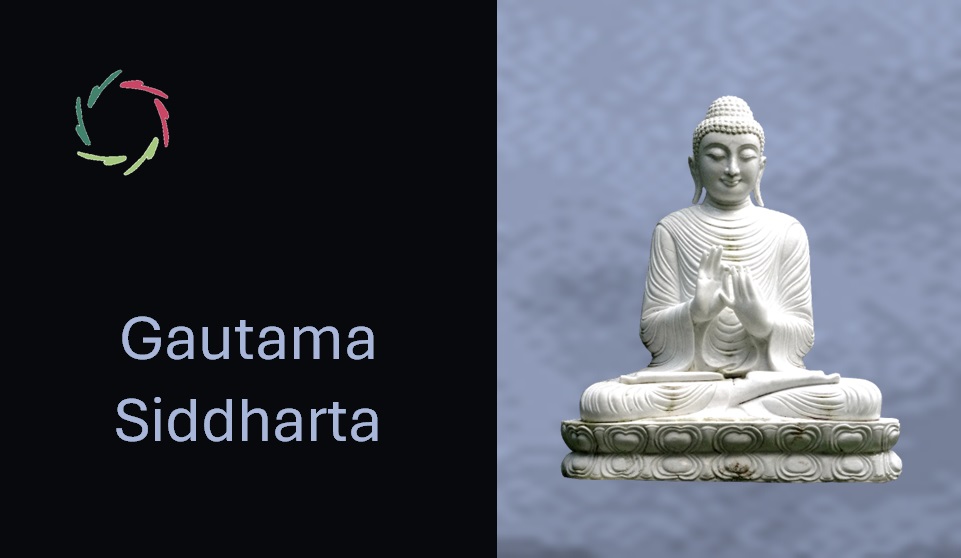
Gautama Siddhartha
This is an Aurelian take on Gautama Siddhartha. A prince who became the Buddha, his teachings emphasize the path to enlightenment through self-awareness, compassion, and understanding the nature of suffering. Introducing Gautama Siddhartha Gautama Siddhartha, known as the Buddha, was born into a royal family in present-day Nepal around the 5th century BCE. Despite his Read the full article…

Nirvana, What about Feelings?
Nirvana, Buddhist ‘heaven’ where the candle has stopped burning. What about feelings? What can this teach us about feelings in general? This is symbolism. It’s not about what might happen in another, magical world. It’s also not about what might happen in this world with just a few minor changes. Symbolism readily touches the heart Read the full article…

Yin – Yang – YinYang
YinYang is my term to describe the in-depth synthesis of Yin and Yang. (Sub)conceptual While many things can be seen as Yin or Yang, there is a family resemblance within both. In one interpretation, Yin may be more fluid, Yang more solid. I see in Yin the more subconceptual side of thinking, while Yang is Read the full article…

Hikikomori
Since the late nineties, the phenomenon of hikikomori has hit Japan. The definition is a physical isolation for minimally six months (sometimes years or decades), active avoidance of any social interaction or commitment, and feelings of inadequacy or despondence. According to Japanese government figures, there are presently around 1 million individuals living as hikikomori within Japan, with Read the full article…

Confucianism
Living in a time of turmoil, Confucius was bent on providing guidance to handle this and create a better world. As to the turmoil, the present is no exception. Confucius may still be relevant with a twist. There are many Confucianisms. Allow me to write about my little understanding. A picture of thousand ideas To Read the full article…
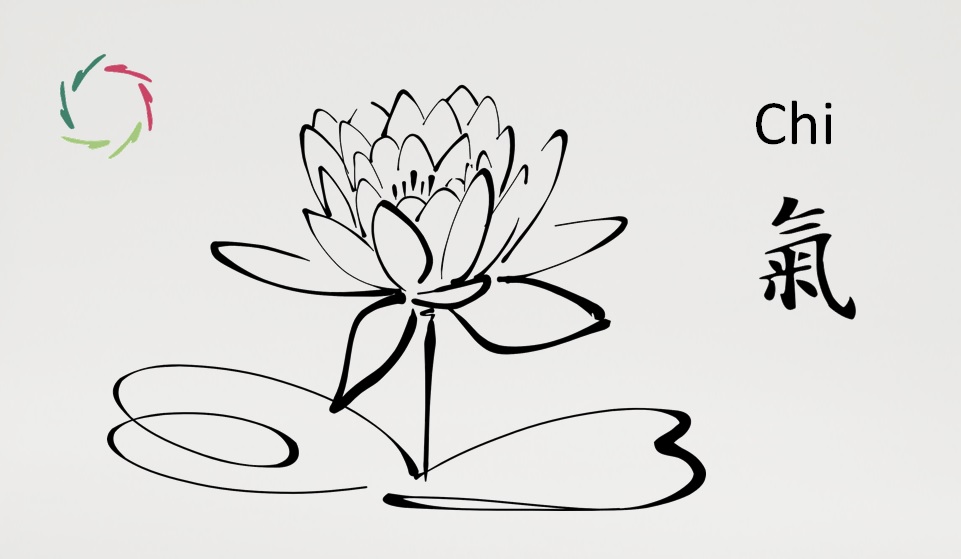
Chi
Right to the core, the Chinese concept of Chi is most interesting as a specific cultural view of Compassion. I write this text with all due respect for all Asian and non-Asian people who think highly of Chi ― as I do. Note also that, historically, there have been Chinese philosophers with quite distinct conceptualizations Read the full article…

The Heart of Buddhism
Many Buddhists find the core of their worldview being expressed in the chanting of the Hannya Shingyo (ancient Japanese). In many Buddhist monasteries, it is chanted at least every day. You can listen to the entire (few minutes) Hannya Shingyo in this nice video. You can read a fine translation (one of many slightly different) Read the full article…

Wu Wei in Leadership
Traditionally a characteristic of the idealized Chinese leader, ‘effortless action’ doesn’t always appeal to Western-style leadership. With a twist in-depth, it may appeal to any leadership worldwide. Hopefully, this contributes to [see: “One Future, One World”]. In any case, recognizable leadership everywhere is a good start. Open Leadership [see this category on the blog-wiki] This Read the full article…

Buddha-Nature
Everywhere and nowhere, deemed non-existent and most important, Buddha-nature is the mother of all paradoxes. Buddhism Buddhism is an excellent source of inspiration for a rational and profound way of life, although it is also a conglomeration of traditions with substantial differences. As to Buddha-nature, the core shines through despite differences, mainly seeing it as Read the full article…

Four Bodhisattva Vows & AURELIS
On the path towards personal ‘awakening’ (mental growth), Compassion is crucial. [see: “Compassion, basically”] Bodhisattva A ‘bodhisattva’ is a Buddhist term for one on the path to personal awakening while caring for all others. It’s a very inclusive path, therefore Compassionate. I’m no Buddhist, but I see the Buddhist philosophy as quite inspirational to the Read the full article…

Compassion Connecting East & West
And North and South, of course, and everything in-between ― even past, present, and future. Essential A Compassionate attitude is to be received gracefully after sometimes earning it with huge effort and even danger to yourself. Sacrifices are unnecessary, but the person who is reluctant to make them can hardly attain a Compassionate stance. At Read the full article…

Guan-Shi-Yin
Today, you may call me an idealist as never before. An ultra-woke person may call me a sexist. A fact is that Guan-Shi-Yin is female. That, at least, is what is. I cannot help it. Besides, she started male. In Indian Buddhism, long before Jesus preached his lovely message, ‘she’ was known as Avalokiteshvara, the Read the full article…